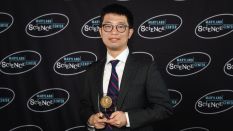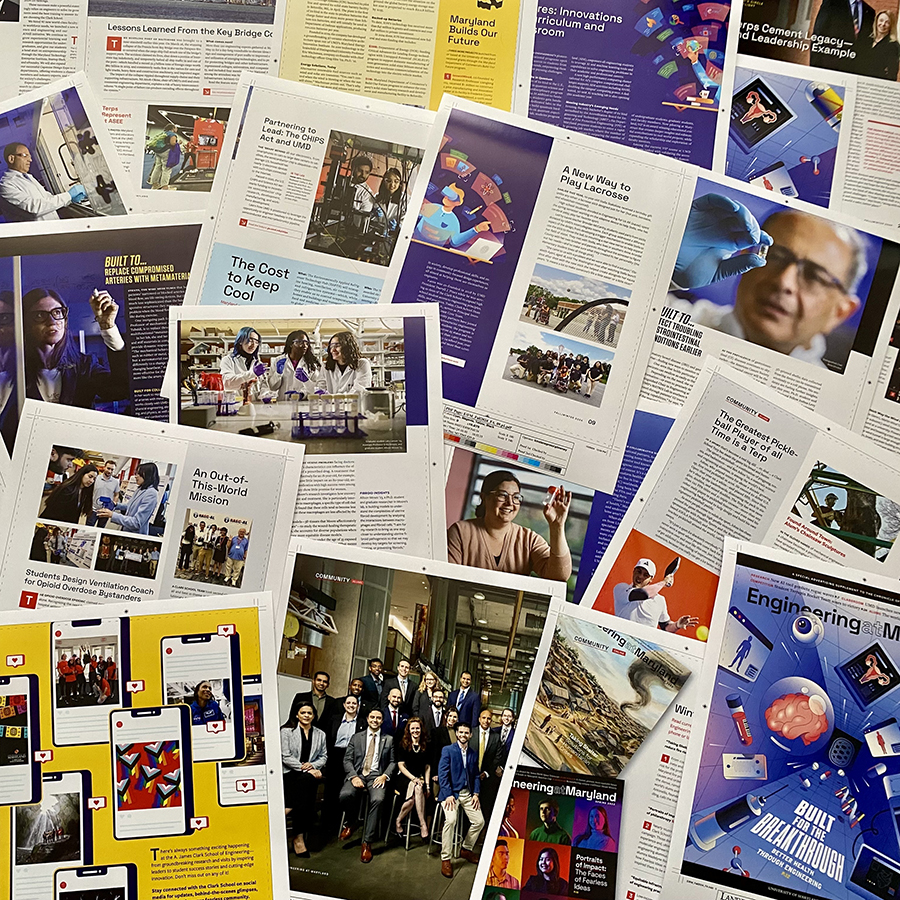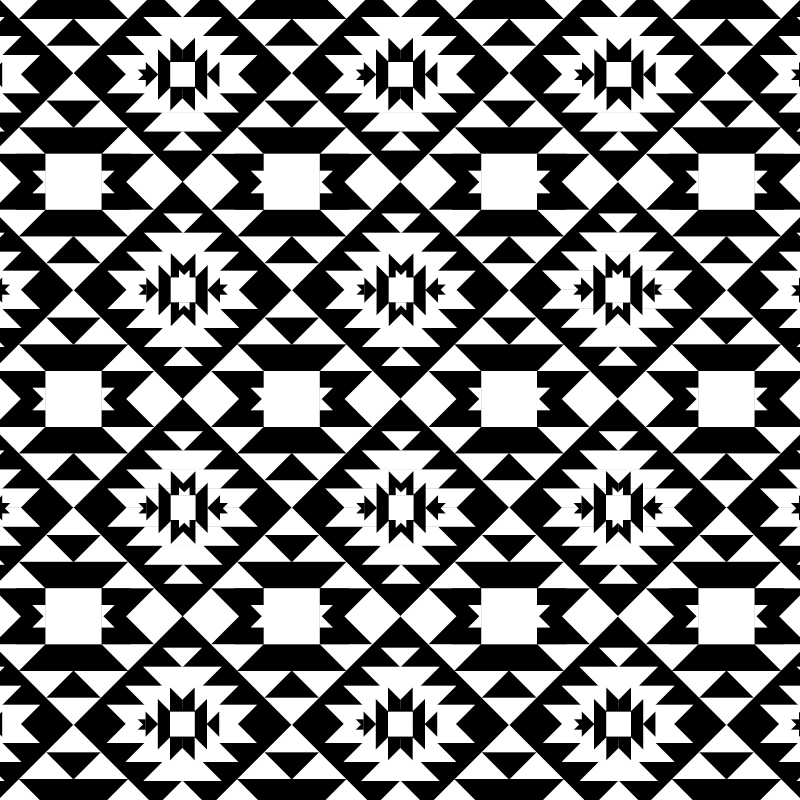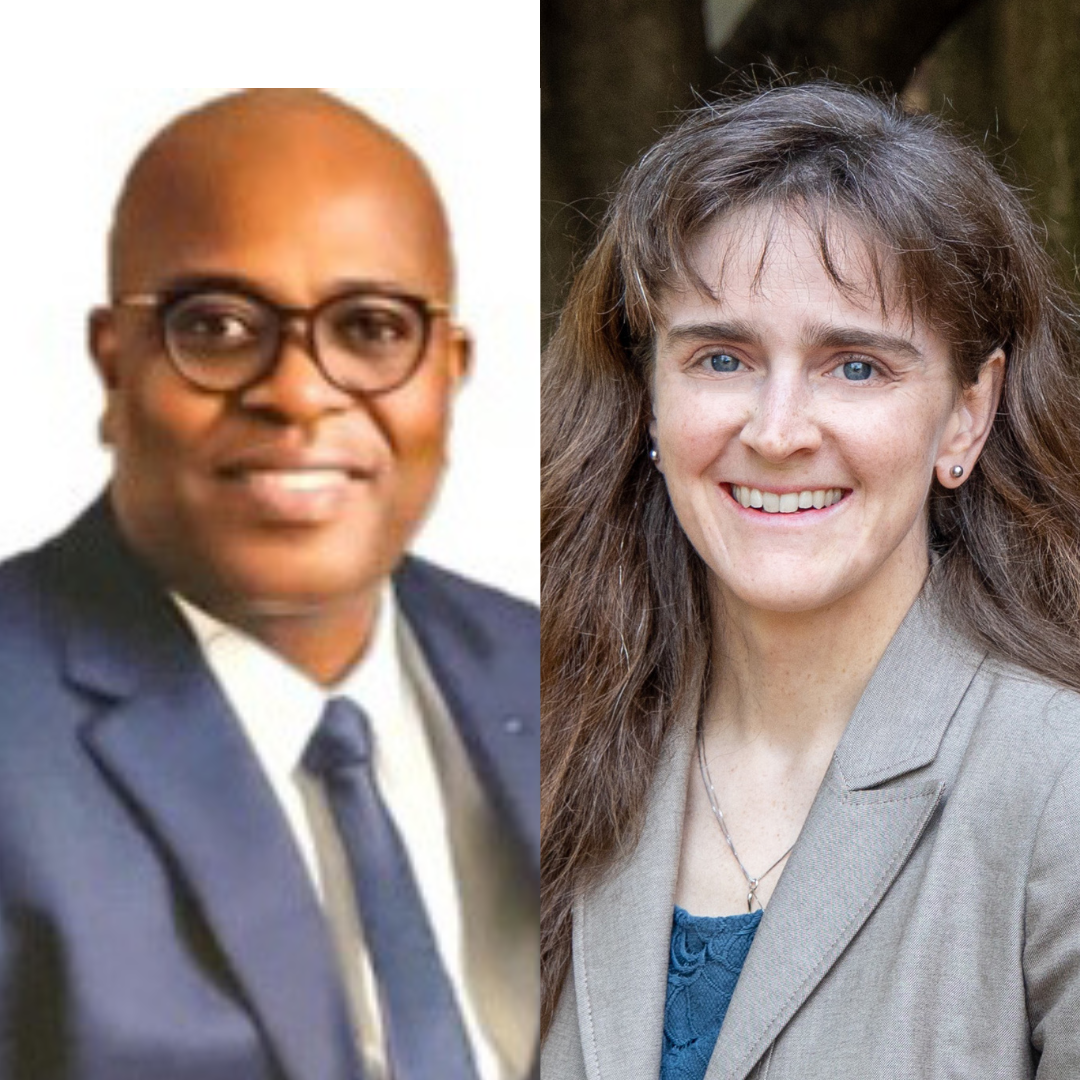News Story
Zhou Named Outstanding Young Scientist

You Zhou, assistant professor in the Department of Materials Science and Engineering (MSE), was recently named the 2023 Outstanding Young Scientist by the Maryland Science Center as part of its annual awards celebrating scientific research, teaching excellence and academic achievement: https://www.mdsci.org/learn/awards-scholarships/oys-oye/. The winners were honored at a May ceremony at the center attended by MSE Department Chair Professor Ji-Cheng Zhao and A. James Clark School of Engineering Dean Samuel Graham, Jr.
The award is the latest in a series of honors for Zhou, including an Early Career Scientist Prize from the International Union of Pure and Applied Physics; the U.S. Department of Energy Early Career Award, the National Science Foundation CAREER Award; and inclusion in the Forbes 30 Under 30 in the science category.
Zhou, who focuses his work on quantum materials, has made a number of important contributions to the field. Most recently, he was recognized for the observation of electron crystallization in atomically thin semiconductors, a process first presented almost nine decades ago by esteemed physicist Eugene Wigner. A video about his research can be found here: https://www.youtube.com/watch?v=w5bNSr6-Be4&list=PLNaSfHBFtxsf9_CPU1w1CdG_IHPfIW2zZ&index=1
“The electron crystal is a unique phase in which electrons repel each other and form a lattice,” describes Zhou. His team used a relatively new system of two-dimensional semiconductors that can isolate a few atomic layers and can reassemble structures on each layer. The atomically engineered structure was used to confine electrons in space, crystallize them and even manipulate their quantum principles to melt the crystal. Published in Nature in 2021, Zhou’s research marked the first realization of Wigner’s predictions and received widespread recognition, including coverage in Quanta Magazine and Chemistry World.
His work with electrons can provide insights into the development of energy-efficient electronics and devices. “There are a number of long-term applications,” explains Zhou. “If we can better understand how electrons crystalize and melt, we can design materials with greater superconductivity properties and interesting optical and magnetic properties.” Zhou notes additional applications in optical information processing and quantum information science. “Electronic crystallization can be used for quantum simulation and as a novel base for quantum computing.”
Zhou’s work has a far-reaching impact on other fields such as optics, computing and energy conversion and has been published in more than 40 journal articles, including Nature, Science, Nature Nanotechnology and Physical Review Letters. He created the world’s thinnest mirrors made of just a few atomic layers; transistors that mimic the brain; and fuel cells that harnessed quantum effects for improved performance.
Zhou, who joined the faculty in 2021, was attracted to the interdisciplinary research conducted in the Clark School and the opportunity to collaborate with researchers in various engineering departments and throughout the university. “Many university programs are looking at quantum materials and understanding their fundamental properties and applications,” says Zhou, who has worked with UMD’s Joint Quantum Institute and Quantum Materials Center and welcomes opportunities for private sector partnerships and research participation by undergraduate and graduate students.
Published July 31, 2023









